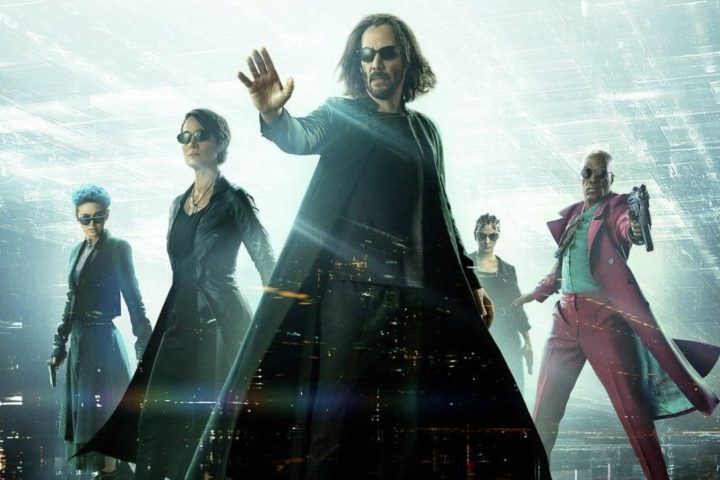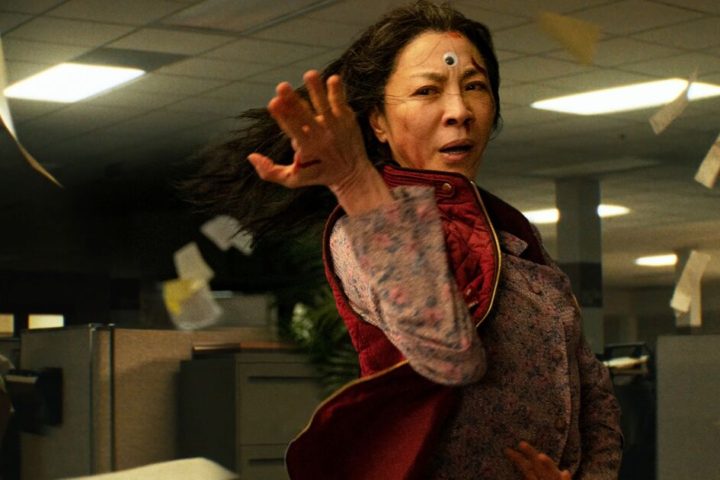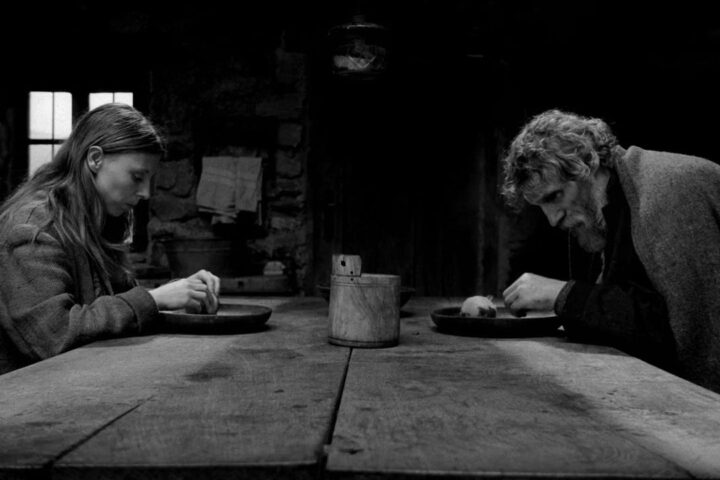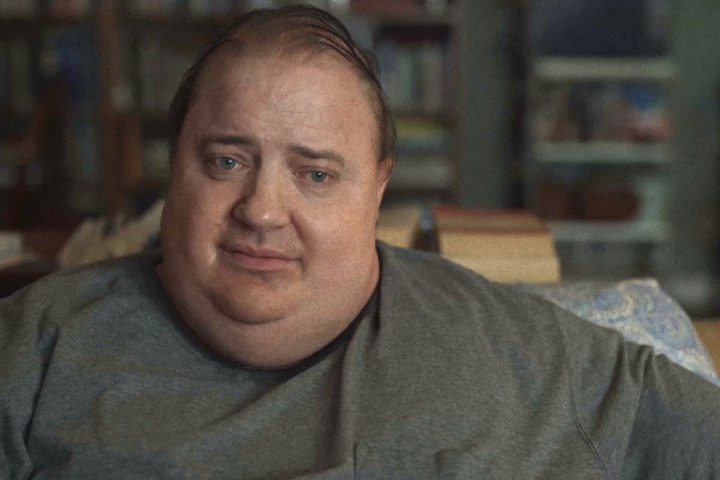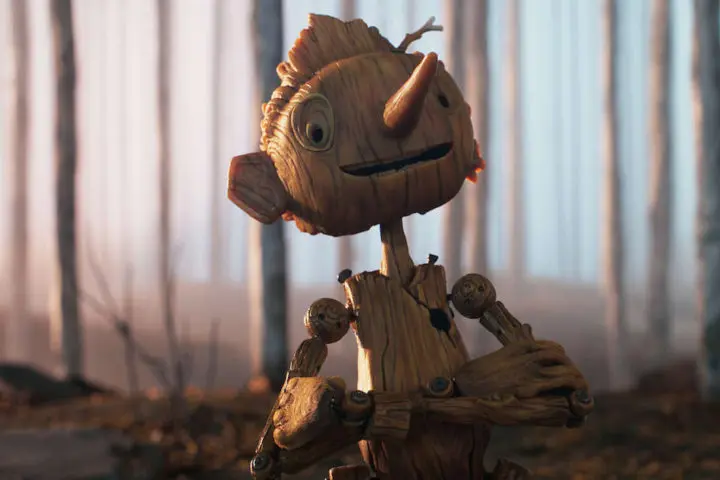Dir: Alain Ughetto. France/Italy/Switzerland. 2022. 70 mins.
No dogs or Italians allowed is a modest film. Humble in its form and its proposal. But that does not make it less relevant in the subject it deals with or superficial in the extent of its message.
This 70-minute piece distinguishes itself through its innovative use of stop motion and clay modeling. These artistic choices do more than merely define the film’s aesthetic; they enrich the narrative’s emotional landscape, allowing for an exploration of complex themes through a lens of delicacy and introspection.
Alain Ughetto’s film is based on true events. It follows the story of his family in the mountains of Piedmont, northwest Italy, at the beginning of the 20th century. Amid the socio-political upheavals of the time, the film unfolds a profoundly personal yet universally resonant narrative. The historical context frames the family’s journey and sheds light on broader themes of migration, identity, and resilience.
To achieve this intimacy and touch the most intimate family fiber, Alain interacts with the characters using his hands and talking to them, mainly with his grandmother Cesira (Ariane Ascaride), with whom he creates a touching and personal story.
The personal and intimate dimension naturally intertwines with a broader socio-political context, offering a fragmented and tragic vision of a not-so-distant Europe. A Europe with belligerent aspirations that precisely saw how neither dogs nor Italians were allowed in some French business. Moreover, the story by Alexis Galmot, Anne Paschetta, and Alain Ughetto also portrays themes such as economic crises, hunger, madness, despair, and hope.
Faced with the harsh reality of life in their village, Ughettera, and the allure of work elsewhere, Luigi (Stefano Paganini) decides to emigrate to France to work on tunnel and road construction projects, changing the course of his family’s history.
After years of coming and going, the large Ughetto family finds a piece of land in France. Hope is represented in that farm where they stay during World War II, where they are subjected to violence, survive bombings, and witness the death of their loved ones. But that is where they wanted to be, in their “Paradise.”
Despite adversities, including the ravages of both world wars, the story balances tragedy with moments of playful relief, affectionate details, and recurring jokes.
No Dogs or Italians Allowed offers a simplified yet now more than necessary reflection. Alain dialogues with his characters, who are simultaneously part of his being, his family. This dialogue, far from being a closed monologue, is presented as a way to examine the past, trying to understand our decisions through the experiences of our parents and grandparents.
The film enriches both Alain’s life and ours by conveying that understanding the present entails more than mere recollection—it requires active engagement with our memories.
The movie subtly recalls Aristotle’s concept of “eudaimonia,” often translated as “flourishing” or “the good life.” This undoubtedly profound notion also encompasses self-reflection in identifying one’s virtues and striving to live by them. The film enriches both Alain’s life and ours by conveying that understanding the present entails more than mere recollection—it requires active engagement with our memories.
In a Europe that currently revisits nationalist and patriarchal discourses, No Dogs or Italians Allowed represents a breath of fresh air, unsettling some established conventions. The cleverness of its characters manages to overcome the inherent evil of the oppressive figures of the Church, Italian fascism, discrimination, economic precarity, and despair.
Perhaps this is where its universality and greatest strength lie, in that it is not a manifesto film nor a nihilistic work. It is, simply, Alain Ughetto’s attempt to understand, from clay, how the world has produced its present.
